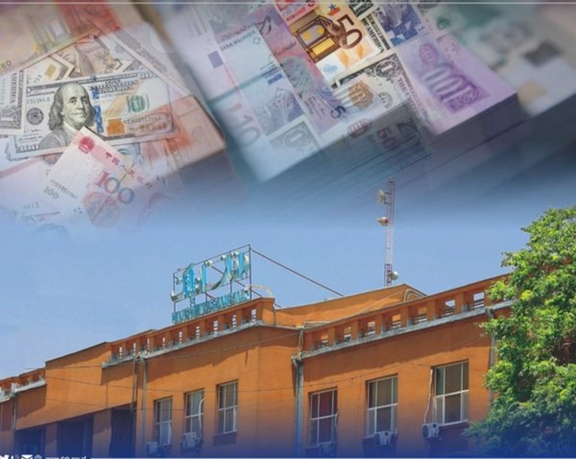One of the participants of the protest said that a Taliban commander said that they did not have the right to hold protests.
The women stressed that they had gathered in Share Naw area to hold a peaceful and non-violent demonstration.
The protesters said that Afghan women have raised their voices hundreds of times over the past year since the Taliban has taken over Afghanistan, but the international community has been silent about their situation.
In Afghanistan, it has been more than a year since secondary and high schools have been closed to Afghan girls. Taliban have also deprived women of work and political participation.
After the Taliban seized control of Afghanistan on August 15, 2021, they immediately began rolling back the rights of women and girls. Women began to protest on the streets since Taliban’s first week in power, despite the grave risks they faced in doing so. Women and girls have protested the Taliban’s restrictive policies and have demanded the right to education, work, and justice.
These protests have always been met with violence. The Taliban response was brutal from the beginning, beating protesters, disrupting protests, and detaining and torturing journalists covering the demonstrations.
Dozens of women have been arrested and tortured for holding peaceful protests demanding their rights, amid mounting restrictions that have stripped away their freedoms.
Earlier too, women from all communities came together in Kabul and protested, chanting slogans against the Taliban regime, however, the Taliban violently supressed them.






